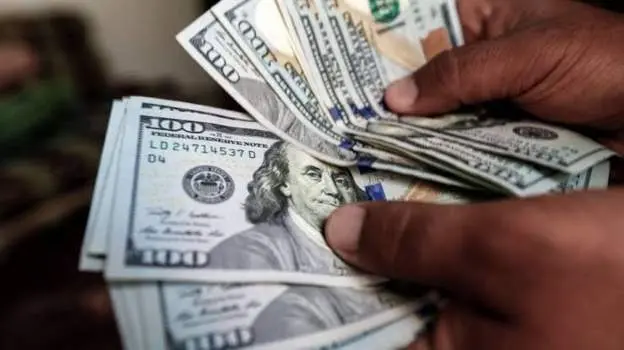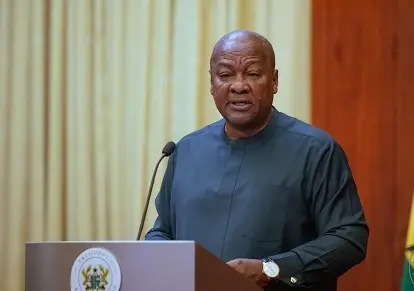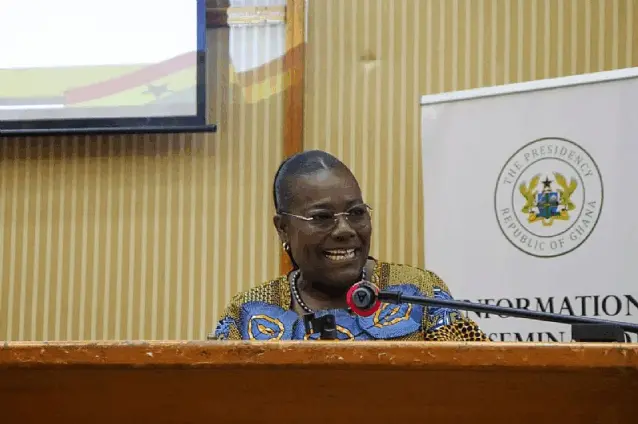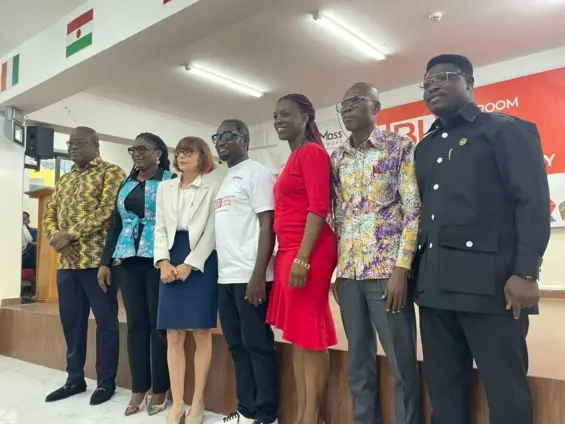The aroma of wealth, sometimes sweet and often pungent, has lately been wafting through the Ghanaian air. Recent displays of opulence have sparked both fascination and outrage, prompting Prof. Kwesi Yankah to coin a term that captures the essence of these displays: “Dollar Boys.” These individuals, often newly affluent, flaunt their wealth with a brazenness that challenges traditional norms and raises questions about governance, accountability, and the very fabric of Ghanaian society. From literal showers of cash to more subtle displays of extravagance, the rise of the “Dollar Boys” demands a closer examination. Their actions and the public response reflect deep-seated anxieties about corruption, inequality, and the shifting values of a nation grappling with rapid economic change.
The saga of Sammy, the “Gold Boss,” serves as a potent example. His “reckless display of dollars in public” ignited a firestorm of criticism. Prof. Yankah, in his characteristically sharp prose, described Sammy’s subsequent apology as a juvenile act, a mere “b-r-r-r-r-r” babbling with “saliva all over his face.” This incident, viewed through Yankah’s lens, is not simply a case of youthful indiscretion but a symptom of a deeper malaise within the system. President Mahama’s acceptance of Sammy’s apology, while perhaps intended as an act of leniency, was perceived by some as a sign of lax standards. The ensuing satirical image, transforming the American dollar with Sammy’s face emblazoned upon it, became a lasting symbol of the scandal’s impact, highlighting the public’s cynicism and the erosion of trust in leadership.
However, these instances of Dollar Boys making it rain are not unprecedented. As Yankah points out, Ghana has seen similar displays of wealth, particularly among public officials, throughout its history. The 1990s witnessed a Minister for Agriculture showering 50 cedi notes, an act that led to the note itself being nicknamed ‘Ibrahim Adams.’ More recently, in 2017, Roads and Highways Minister Inusah Fuseini faced criticism for a similar cash-spraying incident at a song album launch. These historical echoes suggest that the phenomenon of public displays of wealth is deeply ingrained in the country’s socio-political landscape.
Ministers, in their defense, sometimes invoke cultural traditions, claiming that spraying cash is a “time-honored tradition.” Yet, even within this defense, there are nuances and distinctions. According to Yankah, ministers are careful to avoid notes labeled as Vodaphone, injecting a layer of humor into the narrative and hinting at the underlying commercial motivations that often drive these displays.
Even law enforcement has not been immune to the allure of public displays of wealth. The inauguration of IGP Yohuno saw police officers showering the new leader with cedis, inadvertently revealing details about their pay. This incident, as interpreted by Yankah, suggested that police officers enjoy “lucrative conditions of service,” a revelation that could potentially influence future pay negotiations. Observers also noted the scramble for the flying cedi notes, raising uncomfortable questions about financial integrity and the potential for corruption within the ranks. Yankah humorously suggests that the “arrested cedi notes” should be donated to charity, turning a moment of potential embarrassment into an opportunity for goodwill.
Prof. Yankah’s term, “Dollar Boys,” encapsulates the culmination of these various public displays of wealth. He views Sammy’s actions not in isolation but within the broader context of political transitions and the pursuit of future opportunities. In a final satirical flourish, Yankah urges JM to extend the same goodwill shown to Sammy to the suspended Chief Justice, quipping, “What is good for Sammy is also good for our MUMMY.”
Ultimately, Prof. Kwesi Yankah’s sharp commentary offers a crucial perspective on the “Dollar Boys” phenomenon and the larger issue of conspicuous consumption in Ghana. These incidents, from Sammy’s gold scandal to the historical instances of ministers showering cash, raise fundamental questions about governance, accountability, and the shifting values of a nation. As Yankah suggests, understanding these displays requires acknowledging both the cultural context and the socio-political implications. The “Dollar Boys” narrative serves as a potent reminder of the ongoing need for responsible leadership, transparent governance, and a critical examination of the values that shape Ghanaian society.
Image Source: MYJOYONLINE






















